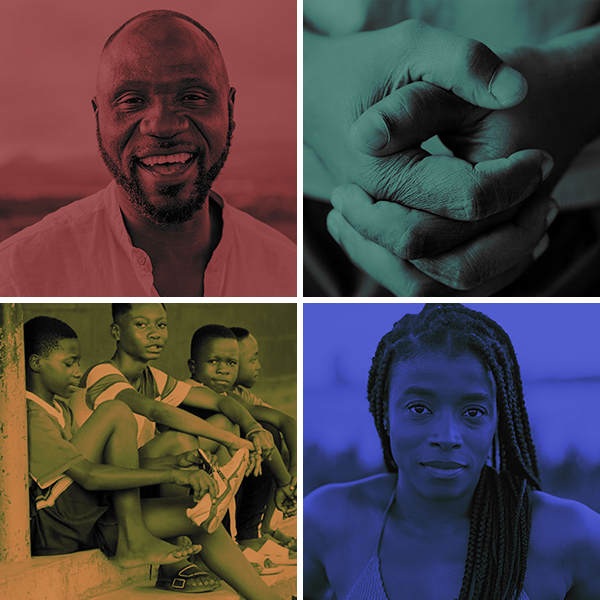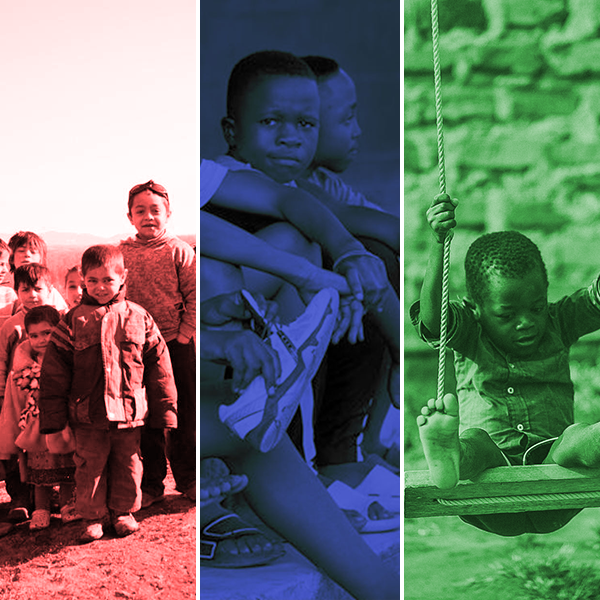
The Observatory of Religious Freedom in Africa (ORFA) is a research, training, and advocacy program, with the mission to promote religious freedom on the continent.
In following of CCPR General Comment No. 22 of Article 18 of the International Covenant on Civil and Political Rights (and Article 8 of the African Charter on Human and Peoples’ Right or ACPHR) at ORFA we consider religious freedom as a broad and multidimensional concept that needs to be protected in all spheres of society.
Religious freedom is at the intersection of many fundamental rights, including freedom of expression, freedom of conscience, and freedom of assembly. Religious freedom is much more than freedom of worship but involves the freedom to live and express one’s religion individually and collectively in the family sphere, the school sphere, the business sphere, and the cultural sphere. Consequently, we view restrictions on religious expression in any sphere of society, whether caused by state or non-state actors, as restrictions on religious freedom.

The Observatory of Religious Freedom in Africa (ORFA) is a research, training, and advocacy program, with the mission to promote religious freedom on the continent.
In following of CCPR General Comment No. 22 of Article 18 of the International Covenant on Civil and Political Rights (and Article 8 of the African Charter on Human and Peoples’ Right or ACPHR) at ORFA we consider religious freedom as a broad and multidimensional concept that needs to be protected in all spheres of society.
Religious freedom is at the intersection of many fundamental rights, including freedom of expression, freedom of conscience, and freedom of assembly. Religious freedom is much more than freedom of worship but involves the freedom to live and express one’s religion individually and collectively in the family sphere, the school sphere, the business sphere, and the cultural sphere. Consequently, we view restrictions on religious expression in any sphere of society, whether caused by state or non-state actors, as restrictions on religious freedom.
We view religious freedom as an essential feature of a healthy and vibrant democracy
The promotion of religious freedom is therefore part of the necessary efforts to improve and deepen quality of democracy. Some African societies have made progress in this area in recent years, but challenges remain, particularly related to the enforcement of religious freedom in some areas.
We adhere to the principle of separation between Religion and State, but we also believe that religious persons and organizations are entitled to participate actively in public debate without any restriction, just like any other civil society organization, as long as they do not seek to impose their views on the rest of society. State institutions must not be subordinated to religious institutions.


We view religious freedom as an essential feature of a healthy and vibrant democracy
The promotion of religious freedom is therefore part of the necessary efforts to improve and deepen quality of democracy. Some African societies have made progress in this area in recent years, but challenges remain, particularly related to the enforcement of religious freedom in some areas.
We adhere to the principle of separation between Religion and State, but we also believe that religious persons and organizations are entitled to participate actively in public debate without any restriction, just like any other civil society organization, as long as they do not seek to impose their views on the rest of society. State institutions must not be subordinated to religious institutions.
In order to promote this vision, at ORFA we develop the following areas of action:
Monitor
ORFA monitors the state of religious freedom in the region by documenting incidents of violation of religious freedom, and investigating the structural conditions that threaten it.
Empower
Through training individuals or organizations, especially religious minorities, we promote a greater understanding of the right to religious freedom and awareness of how to defend it.
Influence
We carry out advocacy efforts by developing public policy recommendations for the effective protection of religious freedom, especially of religious minorities in different areas and at all levels. We use resources such as presentations to public and private entities, podcasts, interviews, as well as other means that allow us to inform decision-makers.
The Observatory serves its partners, academia, civil society, and policy makers with research data, training materials, and policy recommendations to promote religious freedom for vulnerable religious minorities in Africa.
